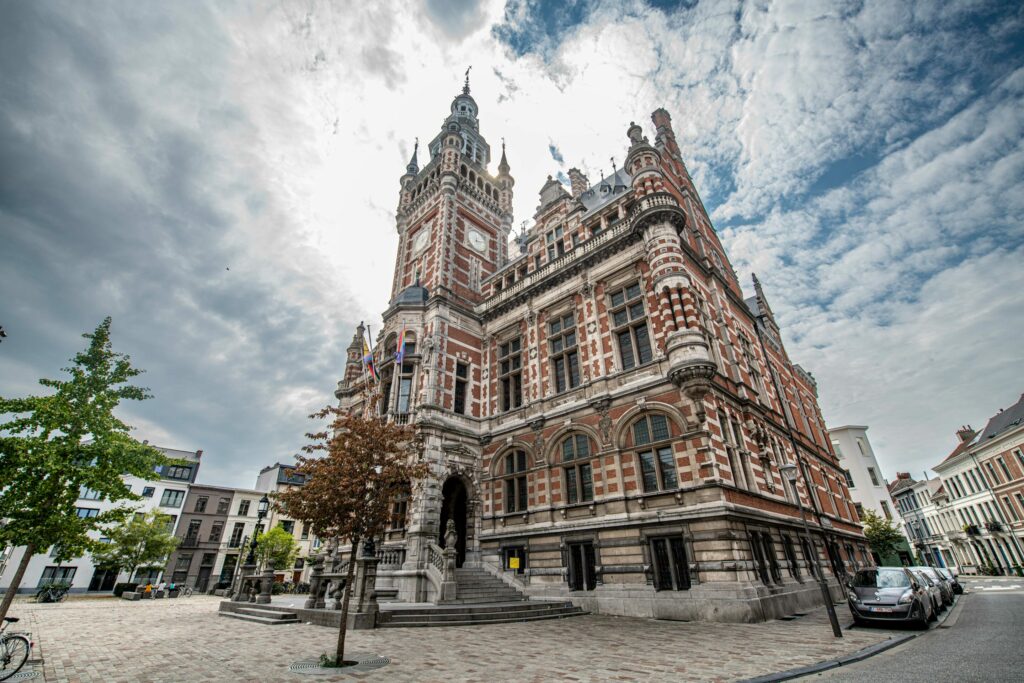22 municipalities across Belgium will lower the tax burden for their residents in 2024, including two communes in the Brussels-Capital Region.
Going against the tendency for communes to increase the tax burden year-on-year, 11 municipalities in Flanders, nine in Wallonia and two in Brussels will reduce their respective tax burdens – the amount of tax paid by a resident proportionate to their income.
The figure differs from commune to commune. In Koksijde and Knokke, for instance, residents pay nothing. In other municipalities, revenue is raised by taxing residents to fund local amenities and utilities. These are in addition to income tax and property tax.
The most significant cuts are in Flanders, with Antwerp resident tax falling from 8% in 2023 to 7% this year. This is followed by Lokeren (7% to 6.5%) and Looz (8.5% to 7.9%).
In the Brussels-Capital Region, the tax burden will fall from 6.3% to 6% in Etterbeek and from 6.8% to 6.5% in Berchem-Sainte-Agathe.
Streamlining tax in the capital
A reduction in the tax burden may be linked to the fact that indexation has caused property taxes to jump, boosting municipal revenue considerably (they receive 70% of the sum collected).
In Brussels, enormous changes to property tax are imminent. As it stands, property owners pay a fixed tax rate no matter the location or function of the building in question. In February, Minister of Local Powers Bernard Clerfayt (DéFI) and Budget Minister Sven Gatz (Open VLD) called for an end to what they see as an unfair and disproportionate blanket tax.
Clerfayt is also keen to streamline the general tax process, including doing away with municipal taxes. "We want to encourage communes to drop certain municipal taxes," he said. "Municipalities have been very creative for the last 25 years, adding taxes such as the floorspace of offices, the size of a commercial property, or the number of parking spaces."

